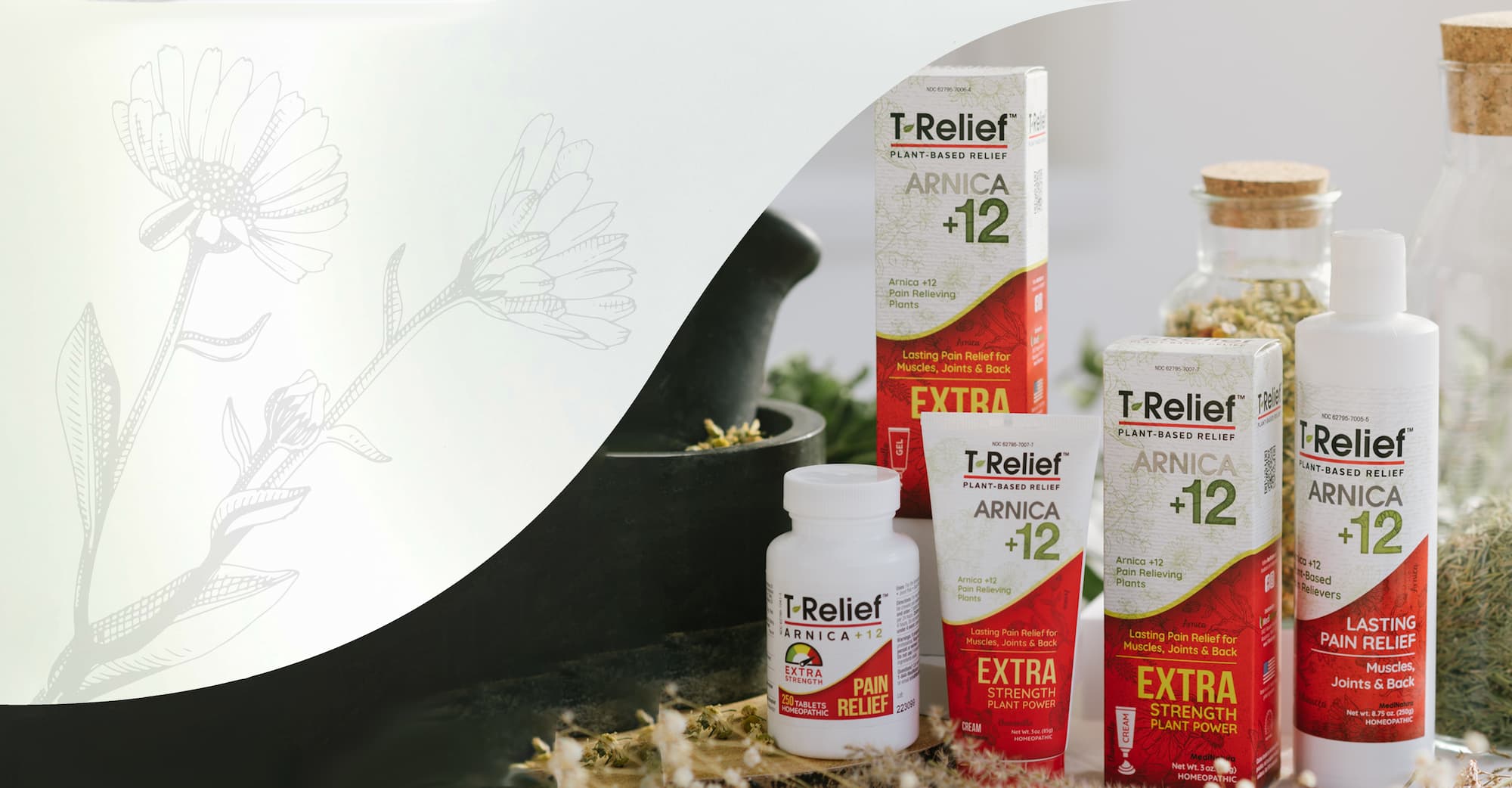Article: The Difference Between "Natural", "Plant-Based", "Clean", "Homeopathic" and Other Terms on Medicine Bottles

The Difference Between "Natural", "Plant-Based", "Clean", "Homeopathic" and Other Terms on Medicine Bottles
Here’s what you need to know to avoid label confusion.
If you’ve ever explored holistic medicine options, you’ve likely come across terms like "natural," "plant-based" or "homeopathic" on product labels. While they might seem similar, these words are not interchangeable - and might even mean different things to different brands. To make informed choices for your health, it’s important to understand what each of these terms means, and what it doesn’t (terminology, afterall, does not necessarily indicate a difference in philosophy). Here’s our guide to help you decode those labels.
What Does "Natural" Really Mean?
"Natural" is a broad term used to describe products derived from natural sources, such as plants, minerals, or animals. The term refers to products and ingredients that occur in nature, and do not include synthetic chemicals. Often people associate “natural” with being safe or healthy, but there are plenty of natural substances that are harmful when used incorrectly (such as formaldehyde). We also often associate “natural” with being raw or unprocessed - which is rarely ever true. Some level of processing is often necessary just to make ingredients digestible and absorbable - such as heating, dying or preserving. So not all processing is bad or even unnatural.
The tricky part? "Natural" isn’t a regulated term, so it can mean different things depending on the product or brand. That’s why it’s so important to choose a trustworthy source for your natural medicines and remedies.
What is Plant-Based Medicine?
Unlike "natural," the term "plant-based" is more specific. It refers to products made entirely from plants—no animal-derived ingredients, no synthetic substances. If you’re looking for a vegan-friendly option, look for plant-based on the label.
While all plant-based products are natural, not all natural products are plant-based. For example, collagen is natural but derived from animals. Plant-based remedies are typically herbal or botanically derived, meaning they come directly from plants like herbs, flowers, and roots.
What is “Clean” Medicine?
The term "clean" has become a buzzword in recent years, particularly in the world of health and wellness. Clean generally refers to choosing ingredients that don’t leave residues or byproducts inside the body, and are as close as possible to their natural state. In the world of medicine, "clean" can be misleading, as it often only refers to the absence of dyes or non-active ingredients. This doesn’t mean the product is free from all synthetic elements or that it’s necessarily safer or better. Since marketers love using this term, it’s crucial to look beyond the label and consider what the product actually contains.
What is Homeopathic Medicine?
Homeopathy is a distinct philosophy of medicine that focuses on supporting the body’s natural ability to heal. Homeopathic remedies are made from micro-doses of powerful substances to stimulate the body’s healing responses and offer relief. Not all homeopathic remedies are plant-based, and not all natural or plant-based products are homeopathic.
In the U.S., homeopathic remedies fall under the jurisdiction of the FDA for safety and labeling regulations. However, homeopathic products don’t require premarket approval like conventional drugs. They must meet the standards outlined in the Homeopathic Pharmacopoeia of the United States (HPUS), which sets guidelines on how remedies are prepared, diluted, and labeled. And unlike conventional drugs, homeopathic remedies are known for having minimal side effects.
What is Allopathic Medicine?
Allopathic medicine is what most people think of when they hear the term "Western medicine." Since very, very few people pay attention to drug risk warnings, it’s important to choose safe products that can be used longer term without complications. This is the conventional approach, which works by targeting symptoms with the goal of counteracting them. For example, if you have a headache, an allopathic approach would be to take a pain reliever that reduces the pain, but not necessarily address the underlying cause of the headache.
Allopathic treatments are almost always synthetically derived, include higher doses of active ingredients than homeopathy, and often come with a long list of potential negative side effects. While effective for acute issues, over-the-counter allopathic medicine is typically targeting troublesome symptoms and, with the exception of specific anti-inflammatory medicines, doesn’t necessarily address the root cause of the problem. This means people often rely on allopathic medicines for extended periods of time, increasing the likelihood of experiencing harmful side effects.
MediNatura: Natural, Plant-Based, and Homeopathic
At MediNatura, we take traditional homeopathy a step further by layering synergistic homeopathic ingredients together to provide comprehensive relief. Check out T-Relief for pain (including for pets!), ClearLife for allergy, plus lines for immune support, mental wellbeing, digestion, skincare and more. Our remedies can be used alone or in conjunction with allopathic treatments, making them a versatile part of your wellness routine. Our products are backed by our Thrilled or It’s Free guarantee, so you can try them with confidence.

